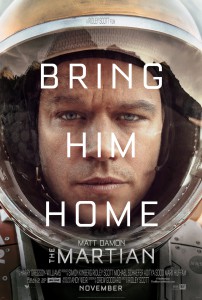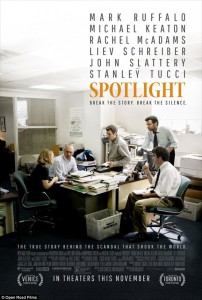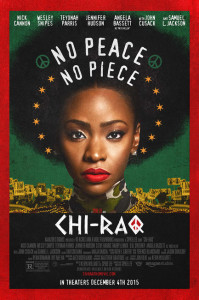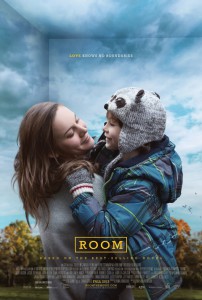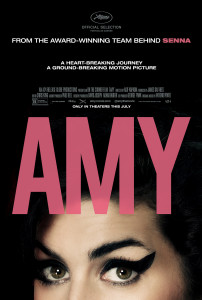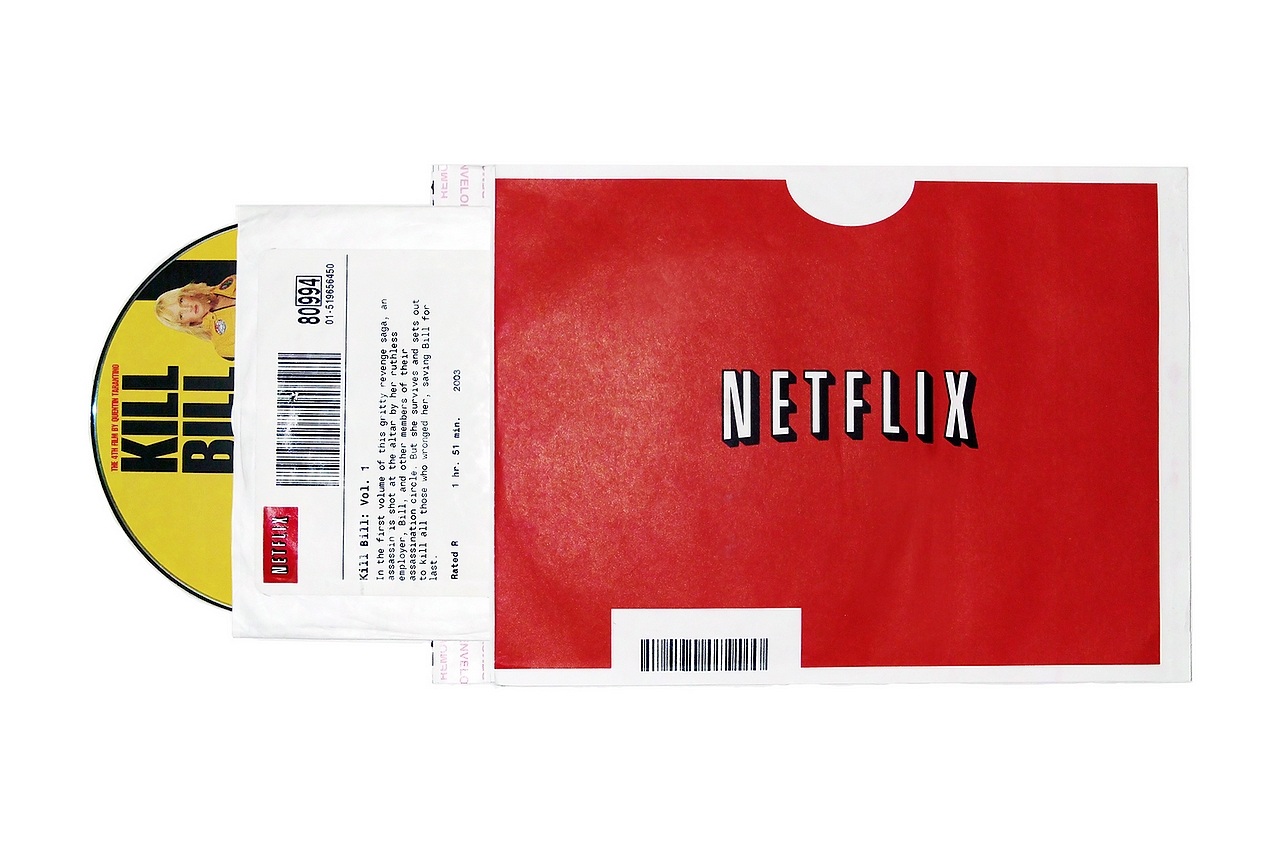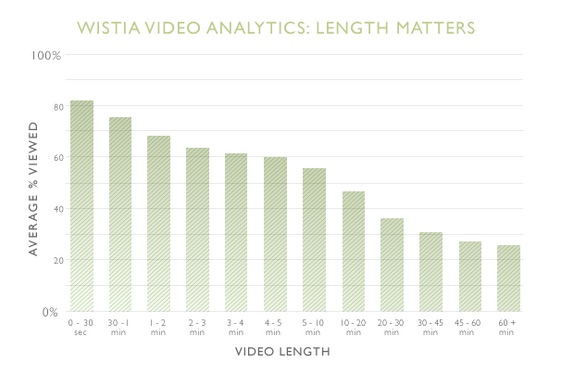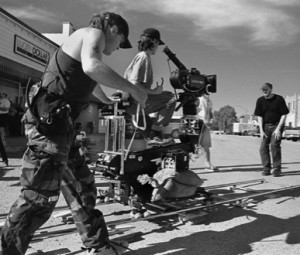
Q. I see you offer ghostwriting services. I started a novel, and really don’t have time to finish it. Is that something you might be able to do- finish a manuscript already started?
A. Hello, sir. Very impressive website you have. You had asked, in response my article on hiring a ghostwriter, if helping you finish your book is something we can do. The answer is “Yes”, although it’s a somewhat unusual and rare request. I have an excellent novelist on staff that would be perfect for this type of work. I’d have to know where you are in the project, how many pages you are hoping to have when finished, and a few smaller details in order to provide you an accurate quote for the project. I’d also need to know what kind of budget you’re working with. I can work within most budgets, but it does affect some of the decisions we’d make going forward.
Thank you for inquiring about helping you with the project, and I look forward to working with you soon!
 Q. Hi Geno, I hope you are doing well. I’ve been busy the last couple of weeks, mainly keeping my head down and re-writing my script based off of your excellent notes. I’d like to sign up for your mentoring services, and re-send the ACTUAL “first ten” pages of my script for you to review, if you have time. I also have a logline that is much better than the one that the reader from the contest wrote. I used you logline formula and it was easy after that!
Q. Hi Geno, I hope you are doing well. I’ve been busy the last couple of weeks, mainly keeping my head down and re-writing my script based off of your excellent notes. I’d like to sign up for your mentoring services, and re-send the ACTUAL “first ten” pages of my script for you to review, if you have time. I also have a logline that is much better than the one that the reader from the contest wrote. I used you logline formula and it was easy after that!
A. Hi K! I’m flattered that you’ve thought enough about our services to inquire about additional assistance. The interactive workshop is not scheduled at the moment, but I hope to schedule some in the near future.
We basically did the “first ten” pages (even though, technically, it wasn’t the first ten). You were given an idea of some of the real issues the script has from a SPEC screenplay perspective, so I don’t see a need to pay for- and receive- more of the same. At this point, all that would be necessary would be The Script Mentor Package or The TSM One-On-One mentoring, which includes the money-back guarantee in writing!
The Script Mentor Package, at $399.00 (originally $799) would give you a full review of the concept, screenplay and structure, as well as advice on a proper logline, query letter and synopsis. These three areas (L/S/Q) are instrumental in your marketing approach. After the screenplay is as good as it can be, we would also assist you in a networking and marketing strategy. With this package, you can continue working with The Script Mentor for up to one month.
The TSM One-on-One exclusive service at $1499.00 (originally $7500.00), provides you with the above assistance, and we’d assist you in choosing a minimum of ten competitions we feel is best suited to your screenplay, writing level, and most helpful to your writing career at this point. With this package, you can work with The Script Mentor for up to three months- no matter how many projects you’d like to work on.
Also, with this service, we would provide you with a written money-back guarantee if a certain level of success is not established with this screenplay. No other service in the world offers a money-back guarantee- ever. This is how strongly we feel about our mentoring assistance and program. Now, neither of these programs is inexpensive, so it would be an investment on your behalf, but if you’re investing in a career that you want, it’s a small investment.
Q. Hey Geno! Thank you. My name is B.C. My father was the former Underboss of the Colombo Crime Family in NY. He disappeared on May 26th 1999, and with my help, the government was able to bring the killers to justice. After 8 long years, we found his remains. Geno, so many people are sending me screenplay examples along w/ NDA’S, but I have not read one that feels right. I was hoping that maybe we can collaborate or maybe you can help put me on the right track? I feel lost if that makes sense. Hope to speak with you if you are interested.
Colombo Crime Family in NY. He disappeared on May 26th 1999, and with my help, the government was able to bring the killers to justice. After 8 long years, we found his remains. Geno, so many people are sending me screenplay examples along w/ NDA’S, but I have not read one that feels right. I was hoping that maybe we can collaborate or maybe you can help put me on the right track? I feel lost if that makes sense. Hope to speak with you if you are interested.
Thank YOU in Advance!
B. Jr.
A. Hi B! I read your profile during my due diligence prior to connecting, and I appreciate you reaching out to me- both on this, and just for linking in. I’ve watched all of those mob history shows, so I’ve seen several of the shows highlighting your Dad’s story, and I know it well. I’m from Staten Island, and let’s just say my family and I and our friends have had a “colorful” past with the families as well.
I came across a mention of a book; did that ever get completed and published? If so, usually, you’d be looking at adapting that book into a screenplay. Book adaptations are a very specific type of screenplay writing, and most writers will tell you they’ve done and they’re good at it- but they’re not. Most haven’t a clue. I’ve done nine (9) in the past two years. I know how to do them, and it’s not easy. As for collaborating, the closest we get as far as collaborations are the ghostwriting assignments. We write the screenplay you want- it’s under your name, and you get all of the credit and retain all of the rights. This is what we do for a living, and we do it well.
Many of my clients are in the industry- actors, celebrities- many who can’t read or write well at all, but want credits for screenplays or have a pet project they want to star in, etc. Because I’m a ghost, my identity- and that of my client- is almost ALWAYS secret, but last year, we did four screenplays, a TV reality show outline and a TV bible for a celebrity currently starring in TWO cable shows running concurrently. My other clients include several A-list actors and authors who have never written screenplays before.
Normally, we would discuss the project, decide the actual story line, genre, etc. and as we write it, you would receive ten (10) pages at a time to review and suggest changes in direction, if any. We would do this for up to fifty (50) pages. When the project is completed, you’ll have an opportunity to review the screenplay in total.
You also have one FREE rewrite should you decide you do not like how something turned out, etc. We would work very closely most of the time, as the service is not inexpensive. I don’t charge the WGA rate, but as highly-recognized and multi-awarded writers, we ain’t cheap! We HAVE been able to work within almost any budget, though, and if I can’t, I can usually refer you to someone who can. We get at least 50% down payment to start and the balance prior to receiving the finished project. There will be a signed contract with strict deadlines, and we’ve never missed a deadline yet.
I also stay with the client through the marketing and networking strategy as well, which I also provide to them, and I GUARANTEE a certain level of success in the screenwriting contest world- a great way to gain exposure for the project. I also have hundreds of my own connections that I would help forward the project to, if it fits their interest. If this sounds about what you’d be interested in, hit me back. My email is thescriptmentor@hotmail.com. You can find my website(s) at www.thescriptmentor.com and www.sharkeatingman.com. I look forward to talking in the near future!

Q. Hi Geno! I was going to contact you regarding adapting my novel into a screenplay. I saw that clicked on the book on Amazon, but didn’t buy it. I was hoping to get your feedback and evaluation of the story BEFORE I contacted you.
It probably wouldn’t break you to spend the three bucks to purchase the Kindle version of my book. If you’re familiar with eBooks, you surely realize there’s an simpler way to distinguish good writing from all the crap that’s self-published every day. All you need to do is click on the book cover, and you can read the first 10% of the book.
Since I saw no sign you’ve done the due diligence that could start an informed discussion about adapting my thriller, I’ve decided AGAINST using your services.
A. Hi, “D”- I’m really not IN the evaluation business, so it’s irrelevant to me HOW a novelist writes. Trust me when I tell you, most of the self-published “novels” and manuscripts/screenplays I’ve received from authors or celebrities who THINK they’re writers are practically unreadable.
Truth be told, I DID go to Amazon and I DID read the reviews, and your bio, and I DID read the Preface and the first couple of chapters. I even thought about buying the eBook, but I have about 70 eBooks on my Kindle that I’ve never read. Why? Because the dang screen is like a 3 x 5 postcard, and I can hardly see any of it. Adding “another” to that stack wouldn’t do me any good.
I am very busy myself, and said as much in my first email. We’ve been very fortunate to have started the year so strongly, and as of last night, we land a couple of more adaptation clients. As a rule, however, I don’t “buy” original source material and spend the time to read it. Time is money. As part of any contract, the original source material is always provided to us- free of charge- and we charge $250 for the reading of that material. This money is then applied towards the contracted total. It’s during this reading time where we actually evaluate and outline a potential screenplay, including characters, locations, main plot, subplots, develop a logline, a general synopsis, etc.
My only concern is CONCEPT; whether or not a particular story would make a good movie. If the author thinks so, that’s a starting point. Going simply by the title, I thought it was an awesome title and the genre sounded like it was right up my ally. In fact, I have a screenplay that, based solely on your title, I see as possibly having some similarities. They may be 180 degree different but, again, I’m basing it only on the title.
Another thought that goes into the process of selecting a project is overall SALES. I have no idea what your sales are, but I can tell you, based on your LinkedIn profile, you don’t make it easy for someone to simply click and get to the book. It shouldn’t take that much to attach a link to the Amazon posting to you profile, or post it as an update. If you notice on several of my client’s work, I am part of their team in promotion as well. I post their book link, their audio link; I tweet out announcements. I probably do more marketing on social media on their books than they do!
I’m hoping, in the future, you might reconsider using our services.

Q. Hello! I’m interested in having the first 10 pages of my in-the-works screenplay reviewed, and would like to also have my one-page synopsis (and logline) evaluated. Would you be willing to do that? If so, what would you charge?
Thanks for your time!
Rob
A. Hi Rob! Thank you for contacting us at The Script Mentor. If you go to our website at www.thescriptmentor.com, you’ll see our services for our first ten-page review. I will include the logline and synopsis review as part of that first ten page review, at no extra charge.
Simply pay for the First Ten-page review ($19.99) and then send the first ten pages (or more) in PDF or Final Draft, if you are using Final Draft software, to thescriptmentor@hotmail dot com. I am also sending you a short questionnaire that you can complete and send back as well. It’ll provide a bit more information about yourself and your writing background, and give us an idea of your baseline writing skills at this point, as well as some additional info on the script that we’ll need to provide a better analysis (such AS the logline).
We know it’s a lot to trust someone to allow them to read your screenplay, and we’re honored to do it. It’s an honor we do not take lightly. Give us 24-48 hours after receiving this information back from you and I hope we can get a solid review in your hands, with notes that will help guide you to the next step in your project.
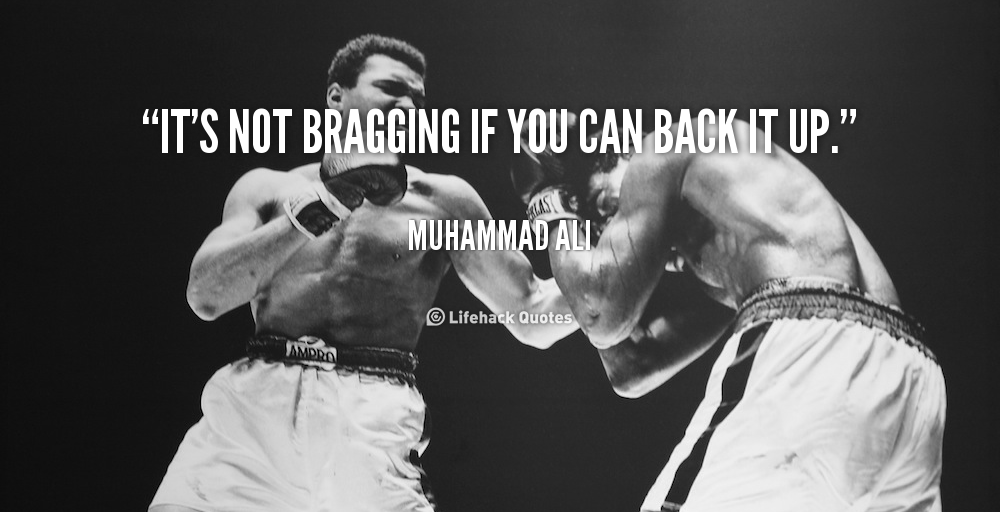 Q. Thank you Geno for your honesty, and your interest in my project. You won’t get bored with this project. There’s a lot more to come when you consider I spent 28 years putting this project together….
Q. Thank you Geno for your honesty, and your interest in my project. You won’t get bored with this project. There’s a lot more to come when you consider I spent 28 years putting this project together….
Looking at your credentials I would assume that you have your shit together. Obviously this is probably one of the biggest projects that could ever be developed in the entire United States based on the fact that it’s been a cover-up for 30+ years are you ready for some sort of that kind of entertainment?
A. Whether I have my shit together or not, is not for me to say; I’m successful in my chosen third career and businesses and putting two (months away from three) children through college doing what I’m good at; writing screenplays and teaching screenwriting through my mentorship. I do question anyone’s claim that says “biggest project ever developed”, and that alone raises concerns of being realistic or having realistic goals for the project. I think you’d understand where I’m coming from if you knew how many scripts I’ve received as a producer from people claiming their script was the next “Star Wars” or “will win 10 Academy Awards when completed”, blah, blah, blah. I’ll reserve judgment until I read and watch all of your videos, but you’ve piqued my interest thus far. Again, I know nothing about THIS project, but looking forward to learn more. You’ve written books, and had a documentary done; what’s next?
Q. (CONT’D) Thanks for sharing your thoughts. My goal is to clear my name. Next I’m going to prove how easy it was to use fabricated evidence to try and send me to prison for 67 years. Then we’re going to prove why this was done to me. I have one book published and 2 done and ready for ink. I’ll be chatting with our investigation team about your experience and offers. We’re going to make history with this investigation 28 years in the making. You will be part of our project; three (3) books and three (3) movies.
going to prove how easy it was to use fabricated evidence to try and send me to prison for 67 years. Then we’re going to prove why this was done to me. I have one book published and 2 done and ready for ink. I’ll be chatting with our investigation team about your experience and offers. We’re going to make history with this investigation 28 years in the making. You will be part of our project; three (3) books and three (3) movies.
A. Adapting one of the three books (eventually, all three) into feature film screenplays DOUBLES your potential revenue stream. While you’re marketing the novel, the screenplay competitions and network/marketing strategy for the script makes inroads in that industry. The marketing of the screenplay, and any success it will achieve, helps the book sales, and the book sales help advertise the script.
To form the novel(s) into a marketable script is where the real talent comes from; THAT’S what you’re paying for, mostly. I’ll also need to know what kind of (realistic) budget you have to work with for these projects. You mentioned several different projects, so we could put together a package deal. This doesn’t include the research (I have a research assistant on staff), reading the original source material, outlines, loglines, query letters, synopsis, AND my 30-year Rolodex of contacts that would take ANY project I’m involved in and read it- no questions asked.
Now, if you’re looking for a writer for $1,000 or $1500, you will end up with a nice pile of paper for your bookcase. No one charging that amount knows how to write, and doesn’t have one fraction of the network I have. Most likely, they don’t know how to correctly adapt a novel INTO a screenplay, but they’ll tell you they do. Writing adaptations is a learned craft; I wrote four in 2016; nine in total. All of the authors saw a spike in the book sales as a result of the marketing strategy and publicity the scripts brought. The contests these scripts were entered into should start choosing winners soon.
One client really wanted his project in George Lucas’ hands to read. We knew someone who used to work for him, and were able to get it to him. That guy read it, and thought the script adaptation was great! We only hope YOU have the same reaction to YOUR screenplay adaptation once we write it!

